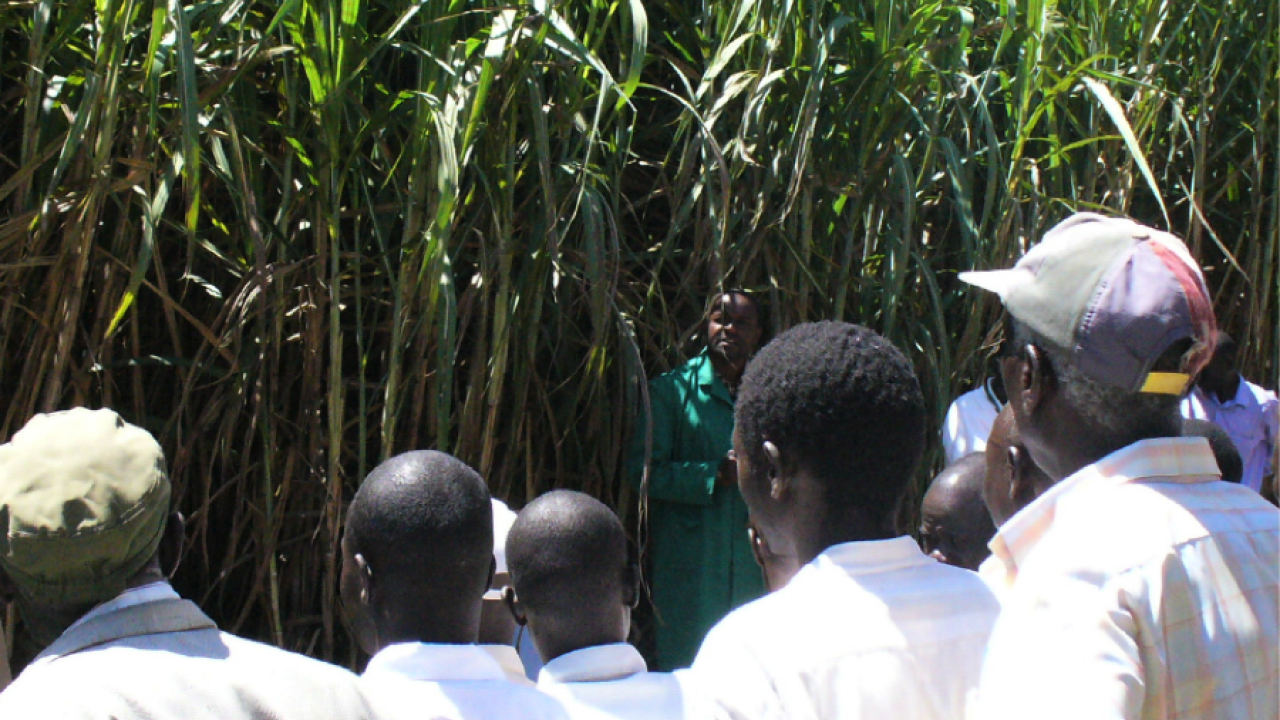
The shift from subsistence to cash crops and from direct sales to contracts is an important driver of structural transformation and growth in Sub-Saharan Africa. Yet, often it is not known exactly how and if contract farming schemes increase and sustain smallholder welfare. Does income increase? Do participating farmers adopt new technologies at higher rates? Do farmers invest more in complementary stabilizing products like insurance? Also, can mobile technology reduce communication problems along the contract farming supply chain?
The Feed the Future Innovation Lab for Assets and Market Access is supporting research designed to better understand the potential impacts of such schemes along several dimensions, including farmer income, technology adoption, and take-up of insurance products. Taking advantage of a long-term partnership between the research team and the Mumias Sugar Company (one of the largest private sector contract farming schemes in East Africa), the project will randomly vary participation in a contract-farming scheme. In addition, researchers are exploring variations in the details of the contract offered to the farmers in order to shed light on which features of the contract farming model drive impact.
Project Summary
Mumias Sugar Company, which enrolls several thousand new farmers each year, is planning to expand to new locations and has agreed to randomly select a portion of their new contract farmers for the purposes of this study. The company’s standard contract commits to purchasing all cane produced on the plot, and farmers commit to selling their cane only to Mumias. The company provides smallholders with several inputs on credit. Input charges (plus interest) are subtracted from farmer payments.
Researchers will also investigate the potential impacts of an insurance embedded into this contract scheme, in which the company may be able to provide insurance , deducting premiums at the time of harvest. Finally, researchers will also investigate using a hotline service for the contracted farmers to issue queries to the company about a series of details including company services, agricultural practices, and other contractual details. This pilot study is well-positioned to be directly inform company policies, and is highly scaleable.
Anticipated Impacts
The results of this study may shed light on the central question of how to improve the livelihoods and well being of smallholder producers. The results will be highly scalable, and will be relevant for a large set of players worldwide across myriad value chains.
